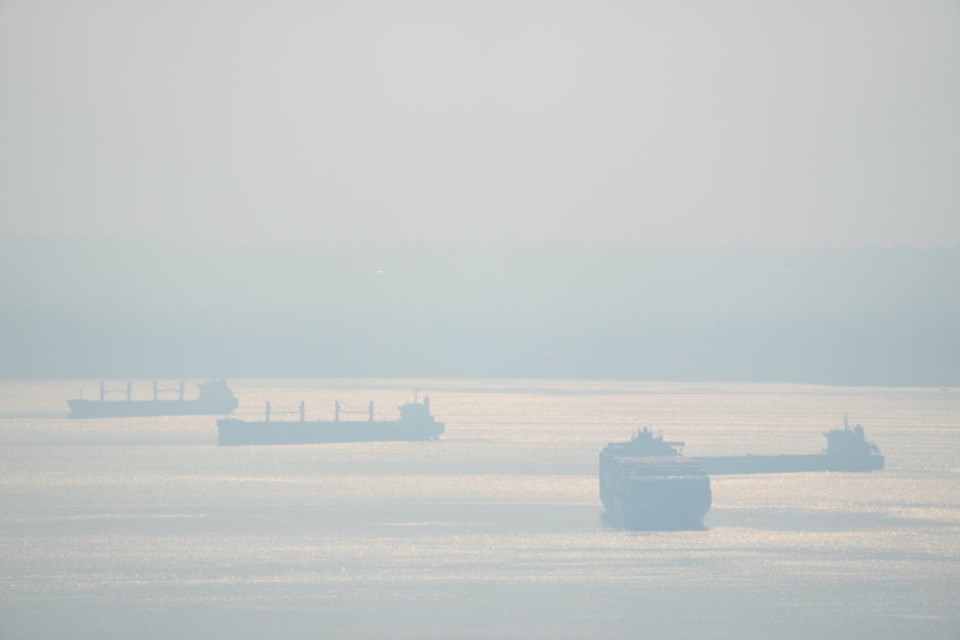British Columbia's forests minister says heat, drought and lightning have spurred late-season wildfire activity, and the risk of new fire starts and growth remains a "serious issue for much of the province" with no relief in the short-term forecast.
Ravi Parmar says high temperatures are expected to persist through the weekend, with temperatures reaching 10 C above seasonal in some areas.
He says there is no significant rain in the forecast for the coming days, and another bout of lightning strikes is expected along B.C.'s coast later this week.
The minister told a news briefing that he could not "stress enough how vigilant people need to be at this time."
There are about 150 active wildfires across B.C., with close to 60 classified as burning out of control.
Parmar says everyone must do their part to prevent new fire starts, including abiding by regional campfire and open burning prohibitions.
"Let me be clear: the risk of new wildfire starts and week-over-week growth remains a serious issue for much of the province, and the immediate weather forecast will continue to create challenging wildfire conditions," he said.
Blazes in Canada and the United States are producing smoke that has descended across much of Western Canada, prompting widespread air-quality advisories.
But the latest provincial situation report from the BC Wildfire Service says the smoke itself could help the fire fight as it acts like cloud cover, raising humidity levels, blocking sunlight during the day and allowing the air to cool down at night.
This report by The Canadian Press was first published Sept. 3, 2025.
Brenna Owen, The Canadian Press



